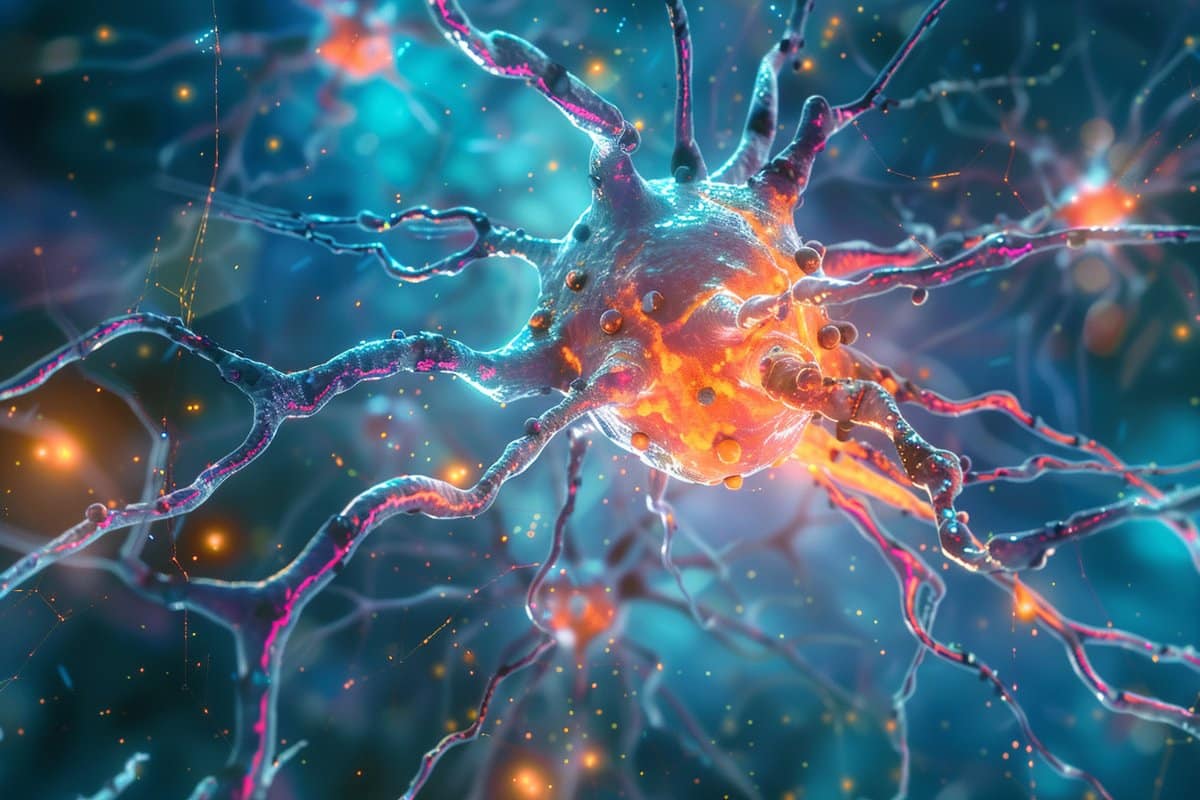Summary: Individuals tend to become overly optimistic in situations marked by insecurity and anxiety, potentially to their detriment. The research, involving more than 1,700 participants, demonstrated that people are less accurate in recognizing patterns linked to negative outcomes, like electrical shocks or monetary loss, indicating a clear bias towards wishful thinking. Interventions to reduce this bias included simplifying tasks to reduce uncertainty and offering rewards for accuracy, which showed mixed results. The findings suggest that while wishful thinking can help cope with stress, it may also hinder necessary actions in critical situations like health or environmental crises.
Key Facts:
- Bias Towards Optimism: In situations of anxiety, people tend to mistakenly perceive less harmful outcomes, showcasing a preference for wishful thinking.
- Interventions Show Mixed Results: Simplifying tasks reduced biased thinking, but financial incentives only helped when participants could gather more evidence.
- Impact on Decision Making: Overoptimism can prevent individuals from seeking vital information or taking action, with implications for issues like climate change and personal health.
Source: University of Amsterdam
Everyone indulges in wishful thinking now and again. But when is that most likely to happen and when could it actually be harmful?
A new study, led by the University of Amsterdam (UvA), demonstrates unequivocally that the greater the insecurity and anxiety of a situation, the more likely people are to become overly optimistic – even to the point where it can prevent us from taking essential action.
The study’s results have now been published in the journal American Economic Review.
‘People aren’t purely truth-seekers – many beliefs are influenced by emotions and driven by what is pleasant or comforting. Like belief in an afterlife or optimism about health outcomes,’ says Joël van der Weele, professor of Economic Psychology at the UvA. Working alongside professor of Neuroeconomics Jan Engelmann and an international team, Van der Weele set out to answer whether people become overly optimistic when facing potential hardships.
‘So far studies haven’t provided clear evidence for wishful thinking, with many not backing up the idea,’ explains Engelmann. ‘But these mainly focused on positive outcomes, like winning a lottery. We examined how both positive and negative outcomes influence biased beliefs.’
Choosing the most pleasant outcome
Understanding self-deception and its causes is difficult in real-world situations. The study involved a set of experiments with over 1,700 participants, conducted in a lab and online.
Participants were briefly shown various patterns, such as sets of differently oriented stripes or coloured dots, and were asked what kind of pattern they saw. Some of these patterns were linked to a negative outcome to induce anxiety, either a mild and non-dangerous electrical shock (in the lab) or a loss of money (online).
‘We wanted to see if people make more mistakes in recognising patterns associated with a negative outcome, thinking it was actually a harmless pattern. That would indicate wishful thinking,’ explains Van der Weele.
The study consistently found that participants were less likely to correctly identify patterns associated with a shock or loss.
‘The participants tended to see a pattern that aligned with what was more desirable,’ Engelmann says.
‘Previous research looked at wishful thinking related to positive outcomes and found mixed results, with many studies not finding an effect. Our study demonstrates very clearly that the negative emotion of anxiety about an outcome leads to wishful thinking.’
Making people more realistic
The researchers also tested interventions designed to make people more realistic. The first involved making the patterns easier to recognise.
‘Reducing uncertainty did indeed turn out to reduce wishful thinking,’ says Van der Weele.
The second intervention was to offer higher potential earnings for correct pattern recognition. This intervention had little effect, except when participants could gather more evidence about the exact pattern they were shown.
‘When people had more time to collect evidence and were better rewarded for a correct answer, they became more realistic,’ explains Engelmann.
Finally, in the experiments where negative outcomes were replaced by positive outcomes, participants showed no wishful thinking. According to the authors this shows that reducing negative emotions can lessen overoptimism.
Wishful thinking in the ‘real world’
The authors recognise that wishful thinking can be useful because it helps us deal with bad feelings and manage uncertainty.
Engelmann: ‘Wishful thinking is important for humans in coping with anxiety about possible future events.’
For Van der Weele and Engelmann, the concern is situations in which too much optimism stops people from getting the information they need or from acting in a way that would benefit them.
‘People can get too hopeful when things are uncertain. We observe this happening with climate change, when financial markets fluctuate, and even in personal health situations when people avoid medical help because they think everything will be fine. We need to know more about when wishful thinking helps and when it hurts.’
About this anxiety and optimism research news
Author: Laura Erdtsieck
Source: University of Amsterdam
Contact: Laura Erdtsieck – University of Amsterdam
Image: The image is credited to Neuroscience News
Original Research: Open access.
“Anticipatory Anxiety and Wishful Thinking” by Joël van der Weele et al. American Economic Review
Abstract
Anticipatory Anxiety and Wishful Thinking
Across five experiments (N = 1,714), we test whether people engage in wishful thinking to alleviate anxiety about adverse future outcomes.
Participants perform pattern recognition tasks in which some patterns may result in an electric shock or a monetary loss.
Diagnostic of wishful thinking, participants are less likely to correctly identify patterns that are associated with a shock or loss.
Wishful thinking is more pronounced under more ambiguous signals and only reduced by higher accuracy incentives when participants’ cognitive effort reduces ambiguity.
Wishful thinking disappears in the domain of monetary gains, indicating that negative emotions are important drivers of the phenomenon.

Rachel Carter is a health and wellness expert dedicated to helping readers lead healthier lives. With a background in nutrition, she offers evidence-based advice on fitness, nutrition, and mental well-being.






